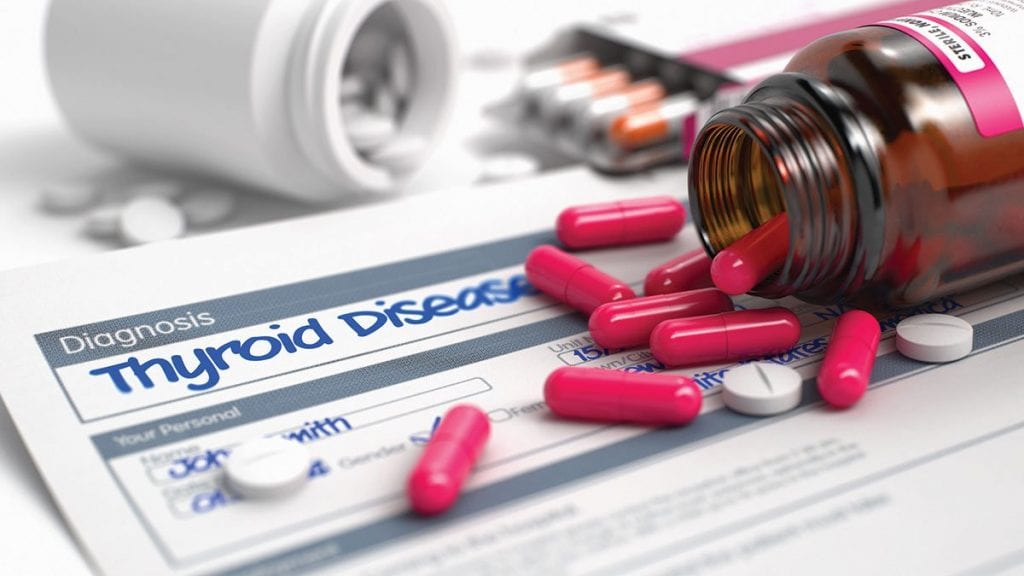

If you have been diagnosed with thyroid diseases, the treatment may include medication, radioactive iodine, and surgery. The choice of treatment depends on the underlying diagnosis.
However, your doctor may prescribe medication for a long period of time or for a lifetime to maintain appropriate levels of thyroid hormone in your body. So, let’s discover what you need to know if you are on thyroid medication.
Q&A to Stay on Top of Thyroid Medication
Q: Do we have to take medication for lifetime?
A: Not exactly, the length of medication treatment for thyroid should be at least 1 year. After you start medication treatment your doctor will monitor your thyroid stimulating hormone (TSH) levels every 1-2 months to indicate if your thyroid gland is working properly. For some patients who develop hypothyroidism after radioactive iodine or surgery, it may be permanent. They may need medication to maintain thyroid hormone levels for the rest of life.
Q: Does thyroid replacement hormones have any side effects?
A: The replacement hormones does cause some side effects but it’s very rarely. Patients treated with thyroid medications can develop a deficiency of white blood cells, liver inflammation, blood vessels inflammation. See your doctor immidiately if you notice any signs of thyroid toxicity, such as develop yellowing of the skin, a high fever, or severe sore throat.
Q: What should I do if I miss a dose?
A: For once daily dose, take the missed dose as soon as you remember and skip the missed dose if more than 12 hours late.
For two or three daily dose, take the missed dose as soon as you remember but do not take extra medicine to make up the missed dose.
Q: Is it safe if I buy medicines without prescription?
A: It’s not a good idea buying medicines without prescription from doctor or any suggestion from pharmacist, because you can never know what exactly thyroid disease you are suffering and how serve it is. The choice of the wrong drug or the wrong dose can be harmful to your health.
It’s important to consult with a doctor and pharmacist before taking thyroid medication. And please remember to take your madication exactly as prescribed. Follow all directions on your prescription label. When you are on medication, you may need frequent blood tests to be sure that your condition is improving.
Also noted that many other medications can affect the way thyroid replacement hormone which absorbed from the gut. Notify your doctor if you have to take other medications.
- Readers Rating
- Rated 5 stars
5 / 5 ( Reviewers) - Spectacular
- Your Rating


























